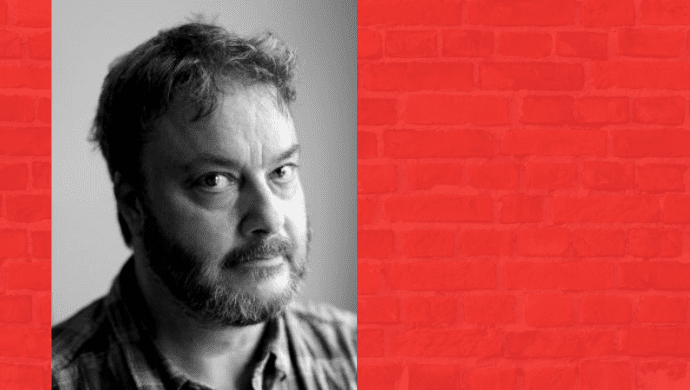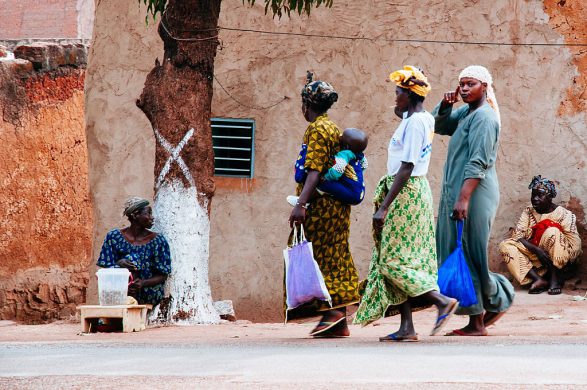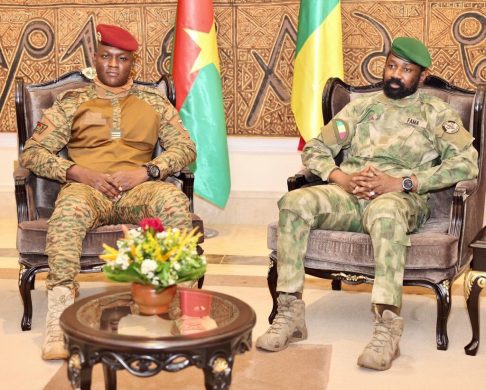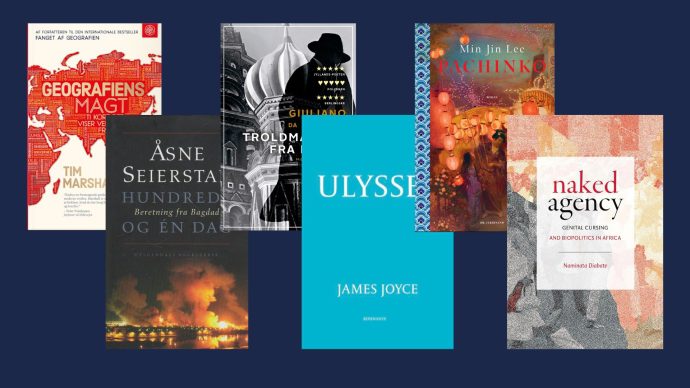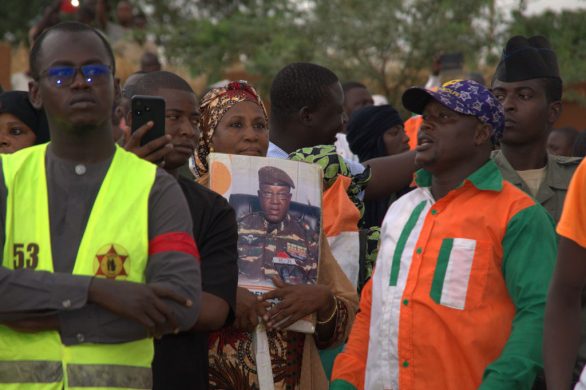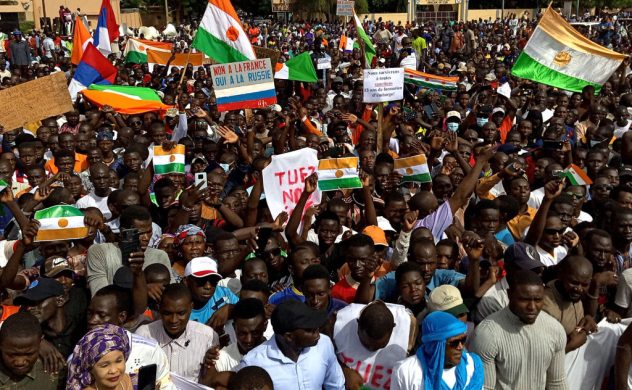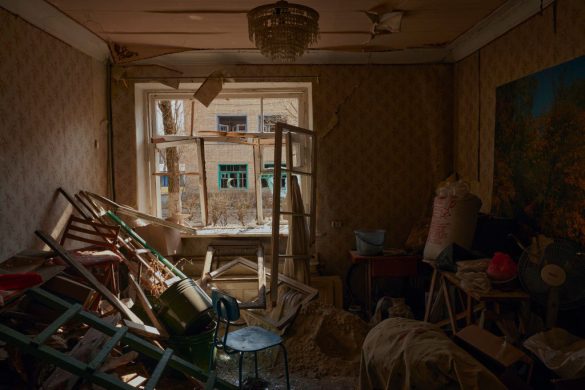NEW YORK, 6 March 2017 (UN NEWS): The United Nations political affairs chief today stressed that West Africa could be a model of how the UN can work with local partners in bringing stability to regions or sub-regions.
“The situation in West Africa says a lot of the region’s growing capacity to deal with regional problems,” said Under-Secretary-General for Political Affairs Jeffrey Feltman at a regular briefing at the UN Headquarters in New York, following a one-week visit to Liberia, Sierra Leone, Burkina Faso, Guinea, The Gambia and Senegal.
The key objective of his visit was to advance sustaining peace initiatives in Burkina Faso and the Gambia – two countries that are in political transition. He also said that the situation in Guinea-Bissau, which he did not visit this time, was also a major topic of discussion during his trip.
ECOWAS, AU og FN stod sammen
The transition in the Gambia is “a very clear case of prevention,” in which the Economic Community of West African States (ECOWAS), the African Union (AU) and the UN were “all united behind the will of Gambian people.”
In January, the former President of the Gambia, Yahya Jammeh, decided to facilitate an immediate and orderly transition process and transfer of power to President Adama Barrow after concerted mediation efforts by a number of African leaders to help resolve the crisis in the country following the presidential elections in December.
The situation is still fragile, however. With the legislative polls to be held on 6 April, the cohesion of the seven-party ruling coalition will be tested, he said.
Reformer i Burkina Faso
On Burkina Faso, Mr. Feltman highlighted some progress made since the new leader was inaugurated in December 2015, including the country’s improved relationships with its neighbours, in particular with Côte d’Ivoire.
He said he discussed with President Roch Marc Christian Kaboré and other officials the implementation of key reforms that will help consolidate stability in the country, including in the economic and security spheres.
Mr. Feltman said Burkina Faso was successful in rallying international support for its 2016-2020 national plan for economic and social development, with donors pledging 28.6 billion euros at a conference in December.
Mr. Feltman highlighted the contributions of ECOWAS and the UN Office for West Africa and the Sahel (UNOWAS) to these countries’ transitions.
“Working with local actors and subregional organizations can make the UN more effective in prevention,” he said, underscoring the need to build on the leverage and credibility that local partners have inside countries.
For instance, Liberian President Ellen Johnson Sirleaf, who chairs ECOWAS, can talk to fellow Heads of States in West Africa as a peer and as someone who with real leverage and credibility on the ground, he noted.



